What is Index Bloat?
インデックス肥大化とは、検索エンジンがサイト上の多くの低品質または無関係なページをインデックス化する状況を指します。 Typically, search engines only want to include helpful pages in their index. However, unhelpful pages sometimes slip through, causing index bloat.
Index bloat negatively impacts a site’s SEO performance and increases the time search engines spend processing data from the site. It could also cause search engines to improperly index and display pages from the site.
Index bloat typically results from technical issues on the site. These include factors such as:
- Soft 404 errors
- Duplicate pages
- Paginated pages
- Low-quality pages
- Thin content pages
- Parameter-based URLs
- Website search result pages
- Category and tag archive pages
- Improper use of canonical tags
How Index Bloat Affects SEO
Index bloat can prevent search engines from properly crawling your pages. This typically occurs when the search engine exhausts your crawl budget on crawling the irrelevant, low-quality, and duplicate pages you do not want on search results pages.
Once this happens, the search engine will not have enough crawl budget to crawl the important pages you want on search results pages. This will affect your rankings and visibility on search results pages as Google cannot index and serve the pages it cannot crawl.
How to Identify Index Bloat
A blogger can identify index bloat by analyzing the discrepancies between the number of pages they expect Google to index and the actual number of pages that Google indexed. For example, if you expect Google to have indexed 100 pages but find out that Google indexed 1000 pages, then you may have an index bloat issue.
よou can identify index bloat using Google Search Console. To do that, head to your Google Search Console account and click Indexing → Pages.
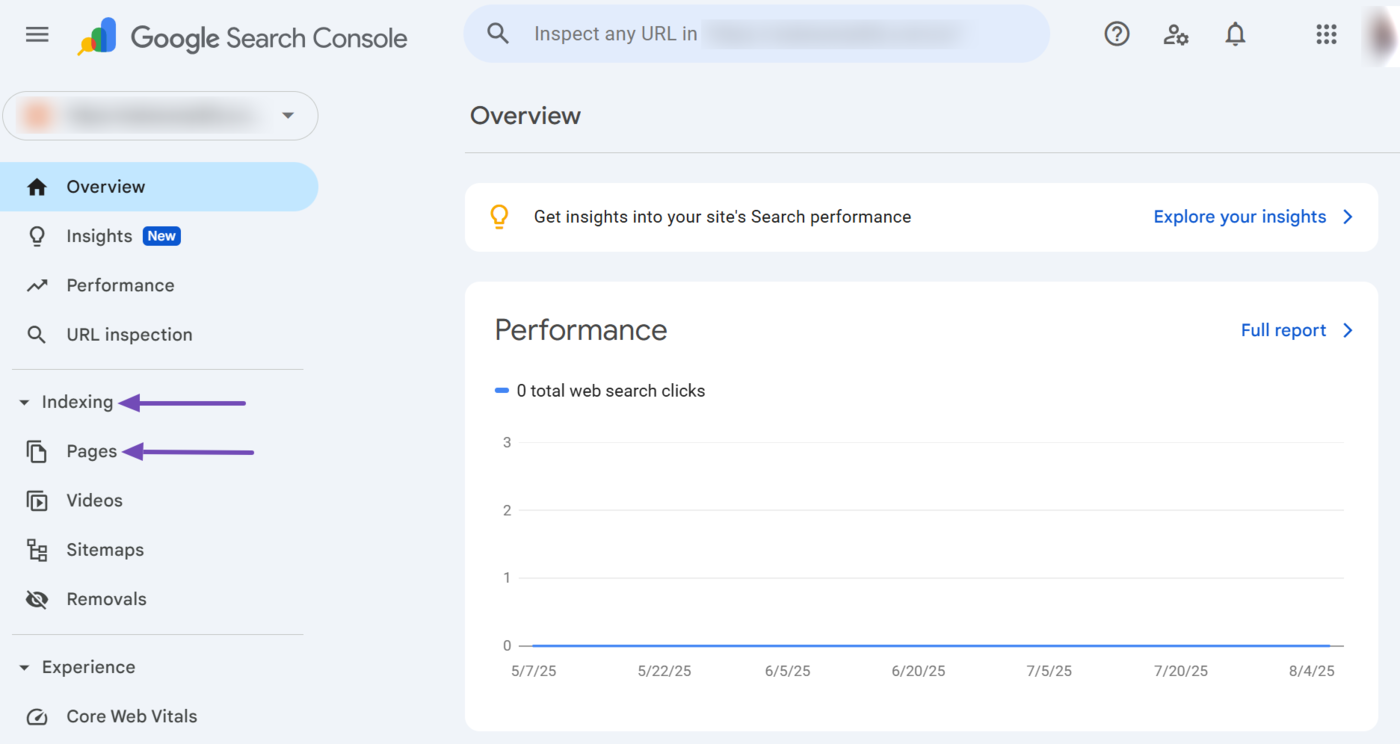
Now, Google will show you the number of indexed and unindexed pages on your site. If the number of pages you expect Google to have indexed is excessively higher or lower than what was indexed, you may have an index bloat issue.
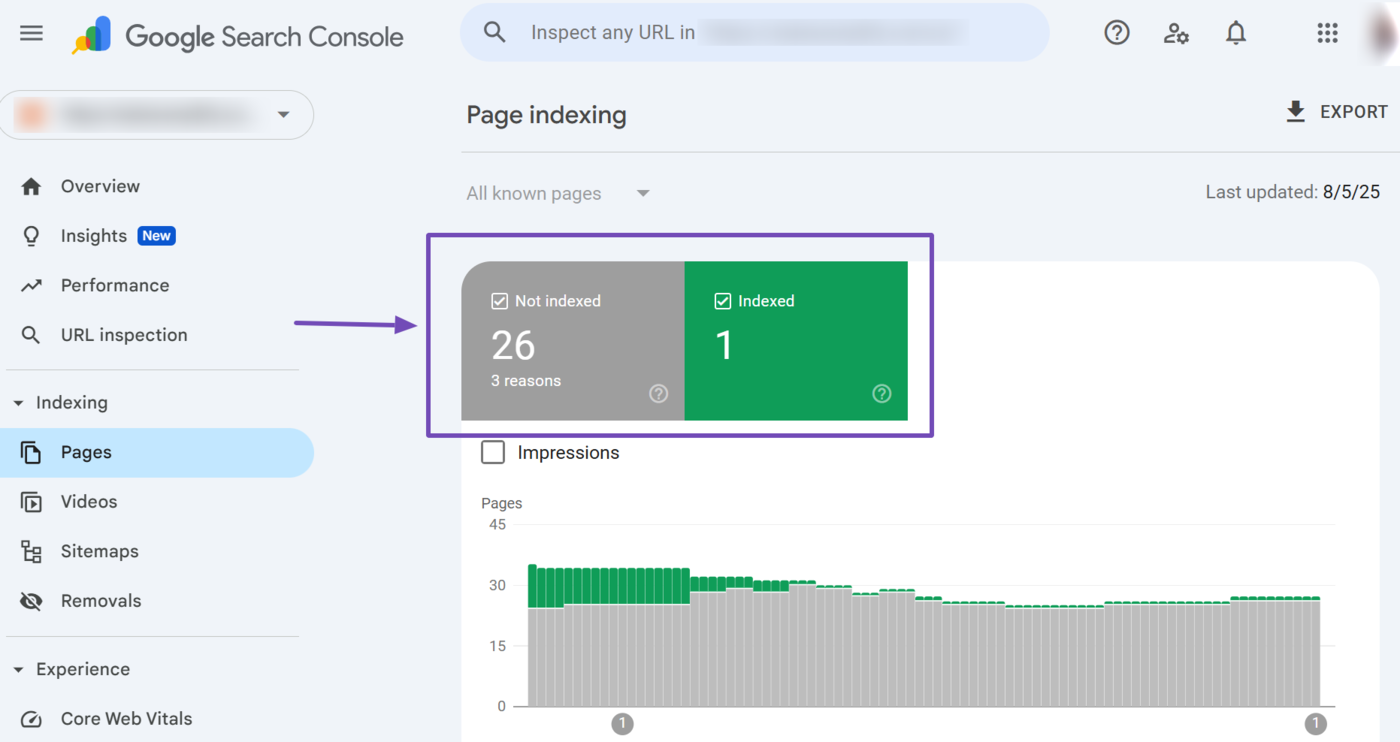
Next, scroll down and click View data about indexed pages.
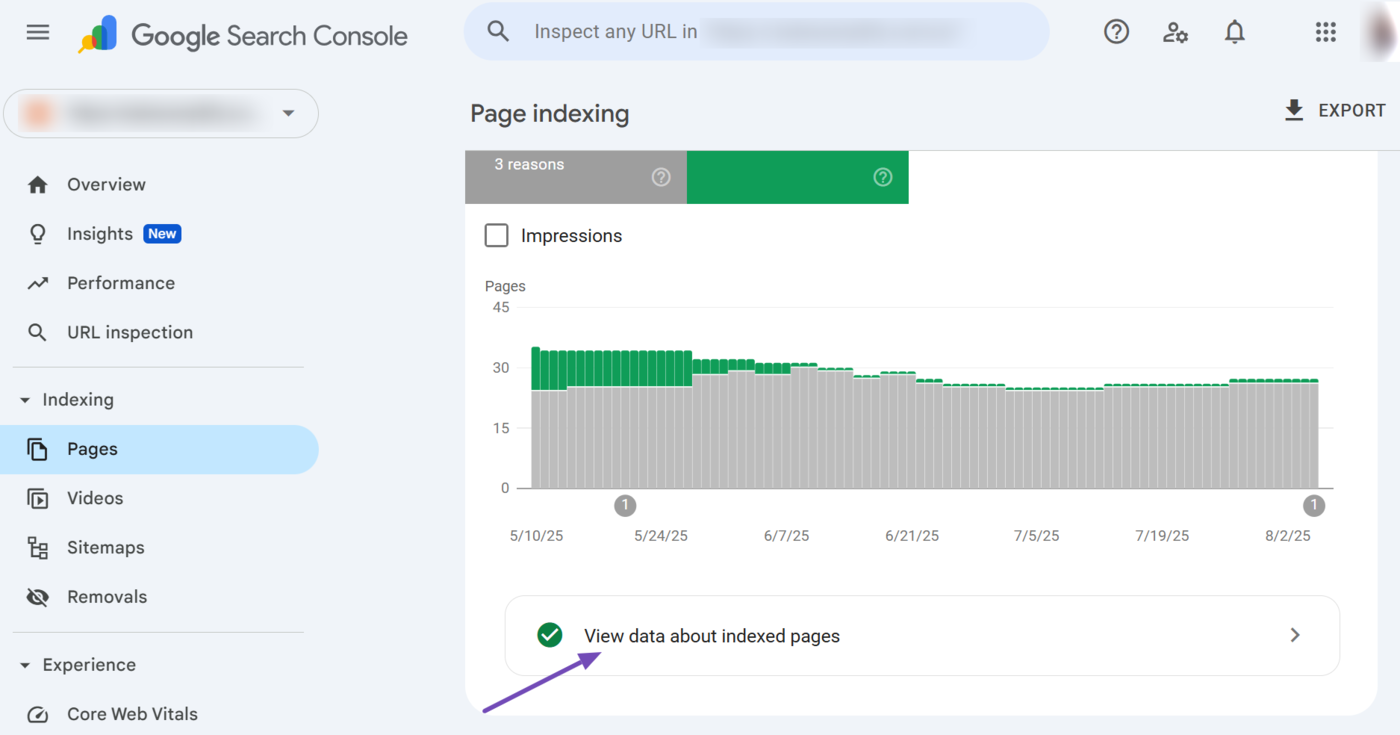
Review the indexed URLs to see if they are the URLs you want Google to display on search results pages. If they are, then you may have an index bloat issue.
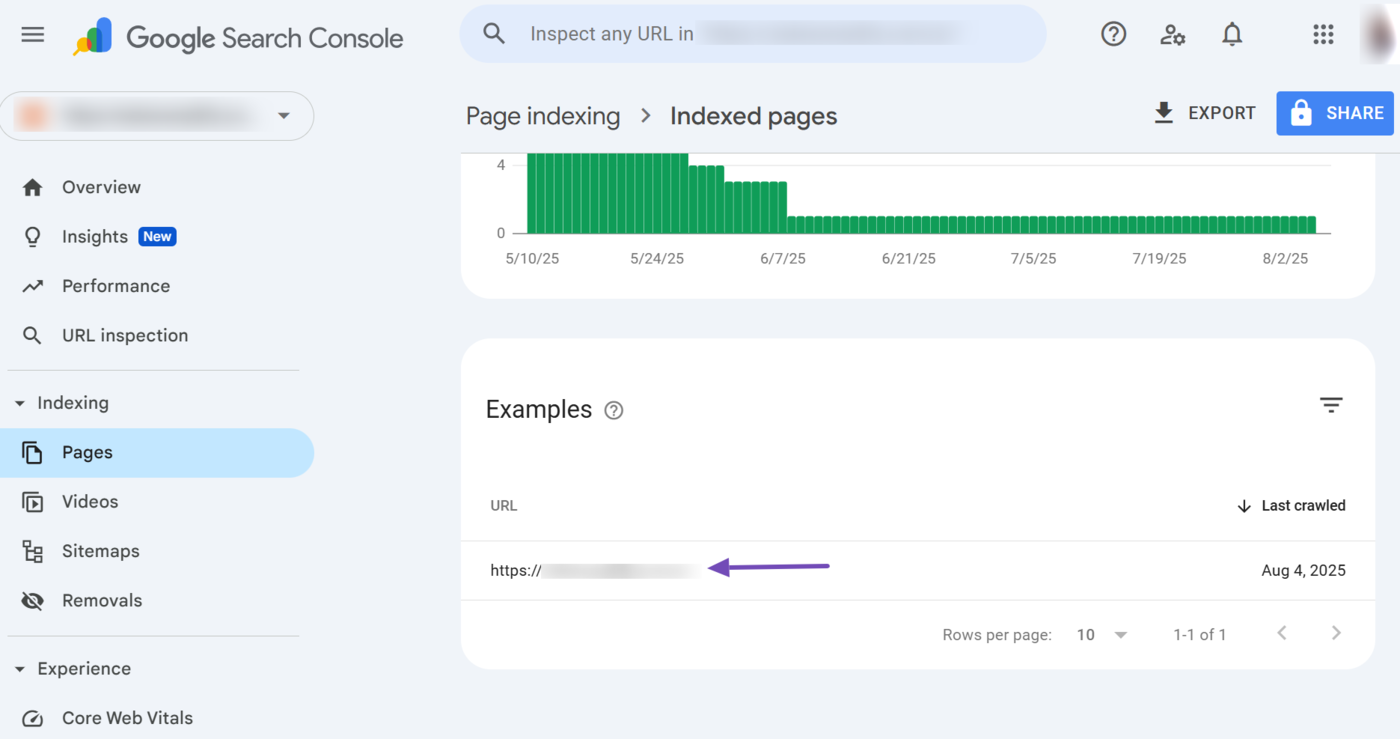
Once done, click Back on your browser to return to Pages. Then, scroll down to the Why pages aren’t indexed field to see why Google did not index your pages.
You should pay attention to errors that typically indicate technical issues from your end. For example, errors like Duplicate without user-selected canonical と Crawled—currently not indexed.
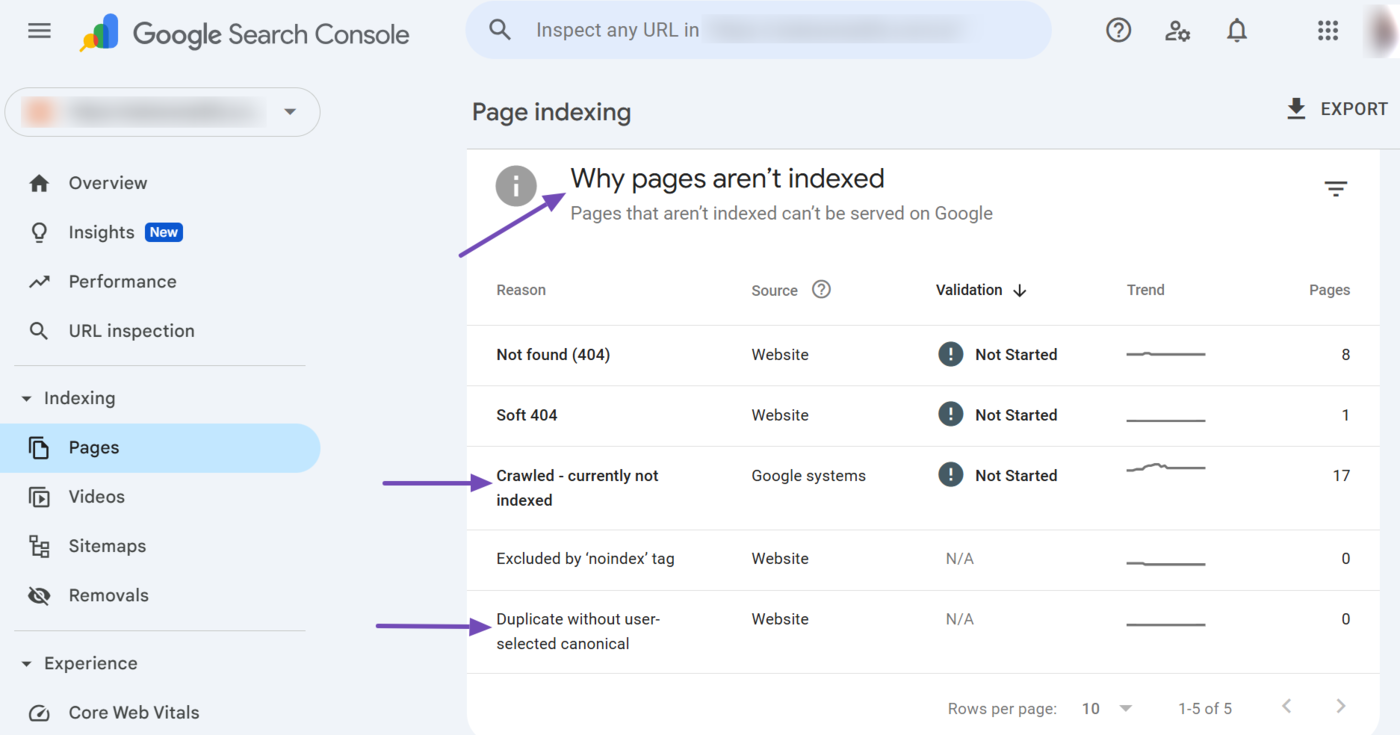
You can click on any reason for more insights into the unindexed pages. You should review the URLs. If they are URLs you want on Google, you may have an index bloat issue.
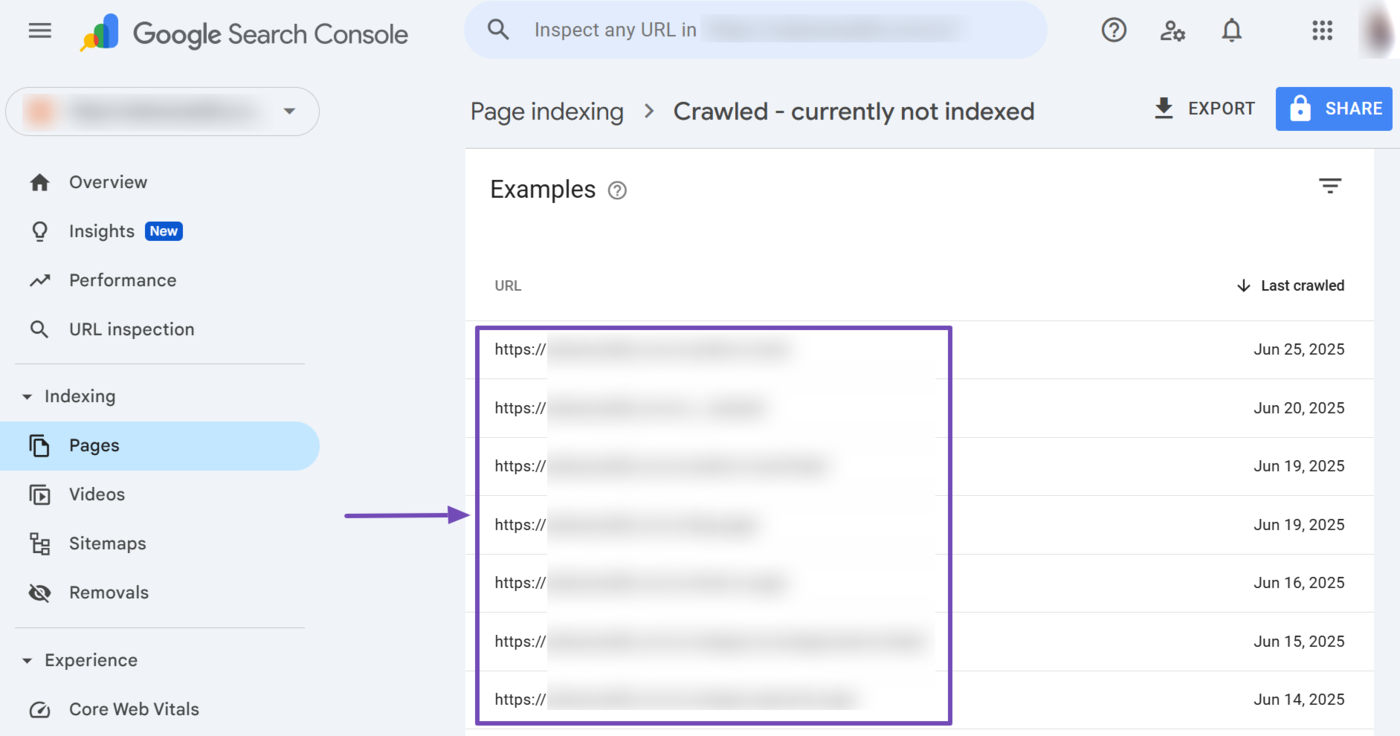
How to Resolve Index Bloat
You will resolve index bloat on a case-by-case basis. That is, the specific solution depends on the cause. However, these are some common solutions to resolving the index bloat issue.
Remove Low-Quality Pages: Review your published content and remove thin, duplicate, or low-value pages that are not helpful to visitors and do not contribute meaningfully to SEO.
Use Canonical Tags: Add canonical tags to pages you want Google to display in search results. This includes dynamic pages generated using URL parameters. Make sure to only select one URL as canonical among a group of duplicate content.
Add Noindex to Unimportant Pages: Add the noindex tag to pages you do not want Google to index. However, if you want the page or its canonical to appear in search results, do not set it to noindex.
Consolidate Duplicate Content: Merge or redirect duplicate pages into a single, more valuable page to improve overall content quality.
Use 301 Redirects: Google uses your redirects to determine your canonical URLs. So, ensure the duplicate URL redirects to the URL you want Google to consider canonical. For example, www.yourdomain.com should redirect to yourdomain.com if you want Google to consider the non-www page canonical.
Improve Internal Linking: Make sure to link to your most important pages from your homepage. This signals their value and importance to Google and ensures that Google can quickly identify and index them.
Optimize Pagination: Use the rel=”next” and rel=”prev” attributes for paginated content. This guides search engines properly and reduces the chances of issues arising when they crawl your paginated pages.